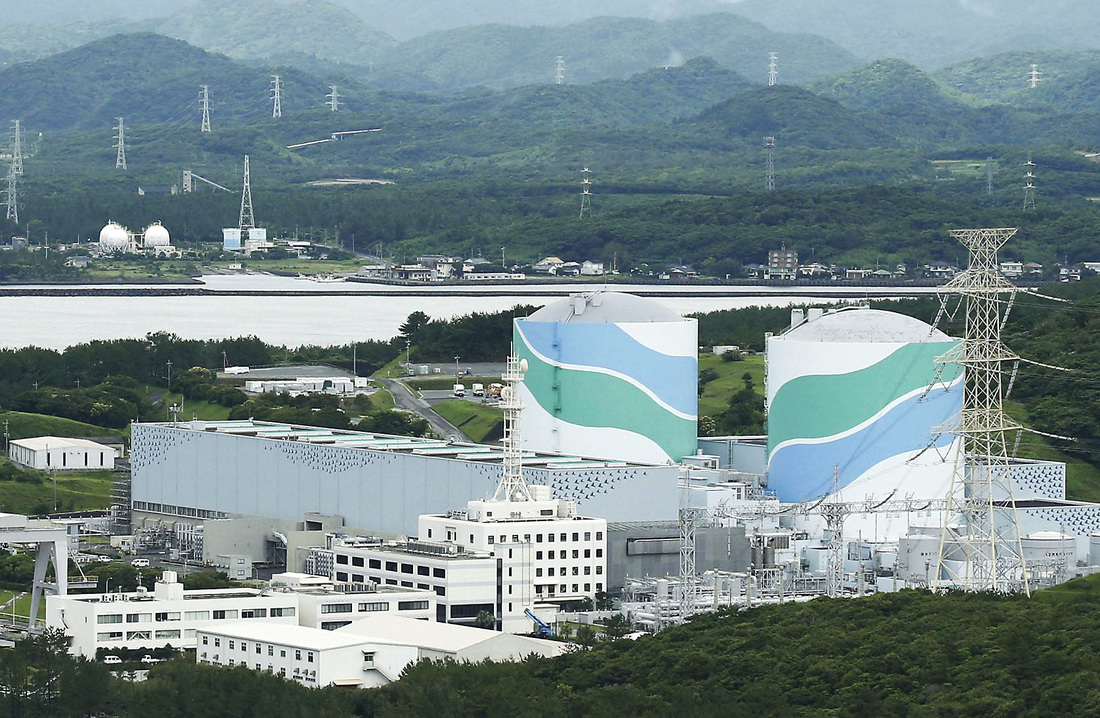With the highest carbon emissions and dependence on fossil fuels in decades, Japan has begun the first steps towards restarting its nuclear energy program. Unit 1 of the Sendai nuclear power plant was restarted this week and will be in full commercial operation generating electricity in September. This marks the beginning of Japan restarting its nuclear fleet after two years of standing idle.
Nuclear power plants in Japan were gradually shut down following the accident at the Fukushima Daiichi nuclear power plant after the great earthquake and tsunami in March 2011. Japan's energy future remained uncertain until the national decision was made to restart the nuclear power program.
The nuclear power shutdown forced Japan to depend on imported fossil fuels for energy production. Nuclear power benefited the Japanese economy ¥33 trillion ($276 billion) over the years by reducing dependence on foreign oil. Nuclear power also allowed Japan to reach its Kyoto Protocol targets by greatly reducing greenhouse gas emissions (read more).
"Japan is the world's largest liquefied natural gas importer, second-largest coal importer, and third-largest net importer of crude oil and oil products...This substitution of more expensive fossil fuels [for nuclear power] led to higher electricity prices for consumers, higher government debt levels, and revenue losses for electric utilities." - EIA report on Japan (2015)


 RSS Feed
RSS Feed

